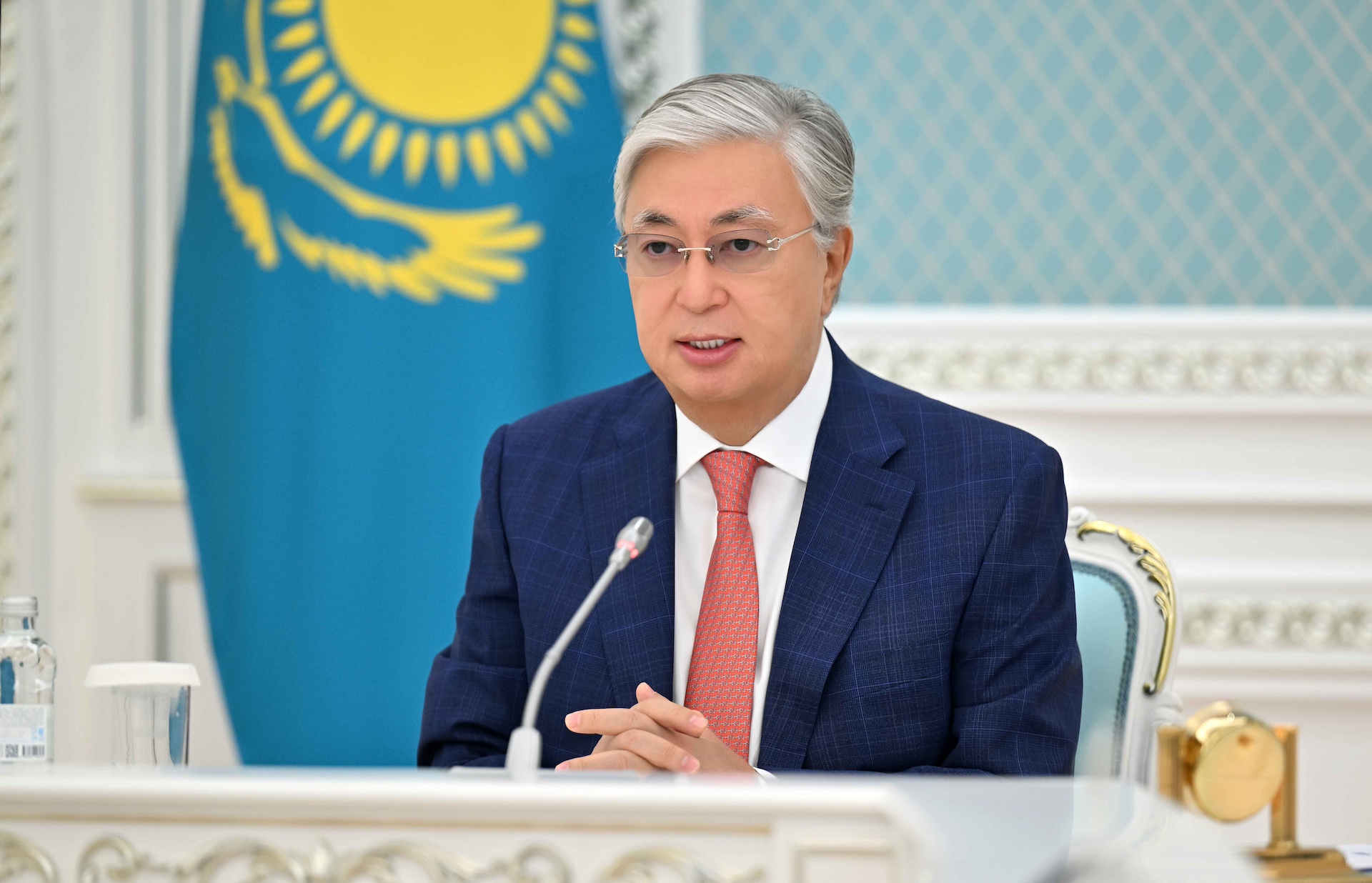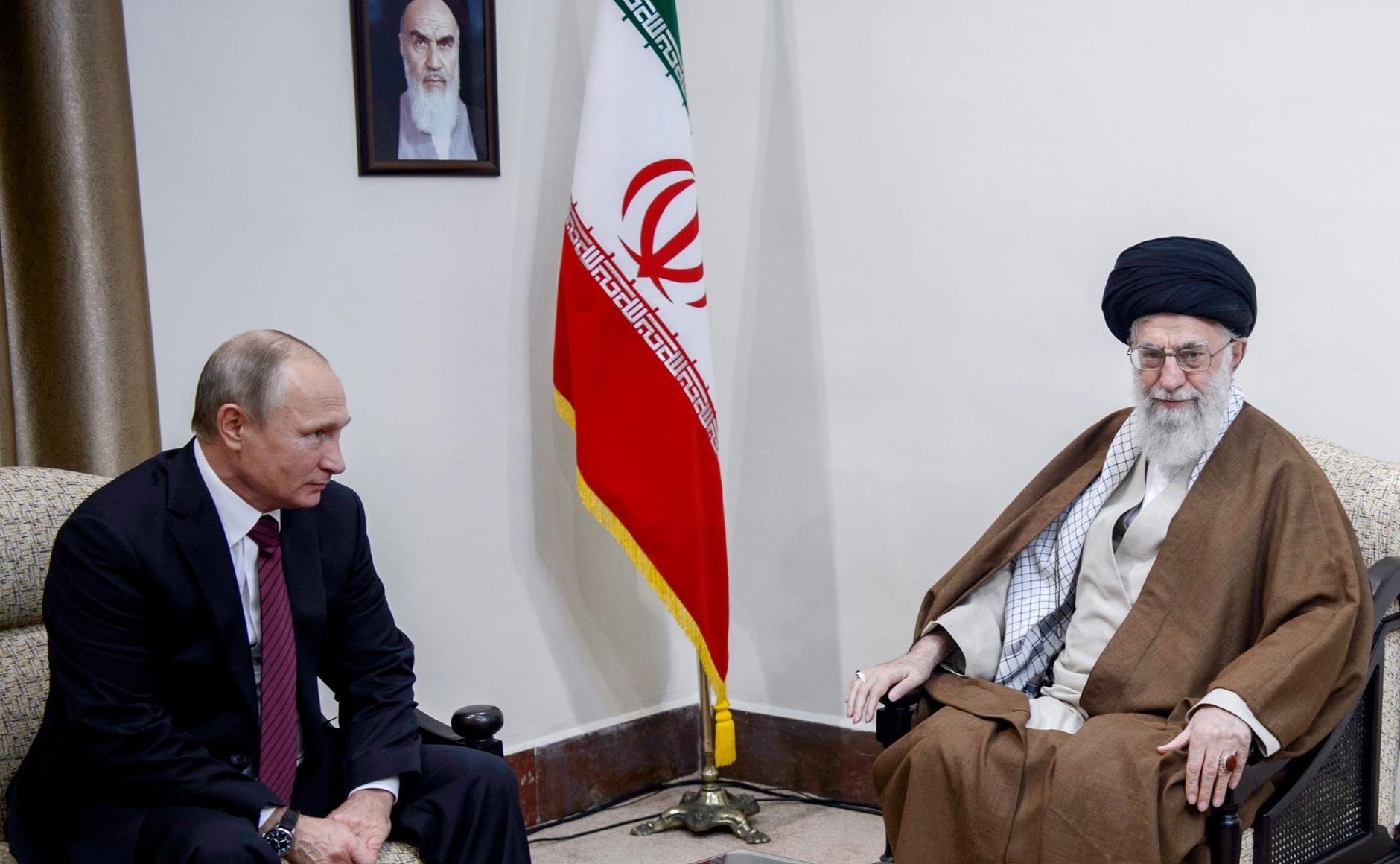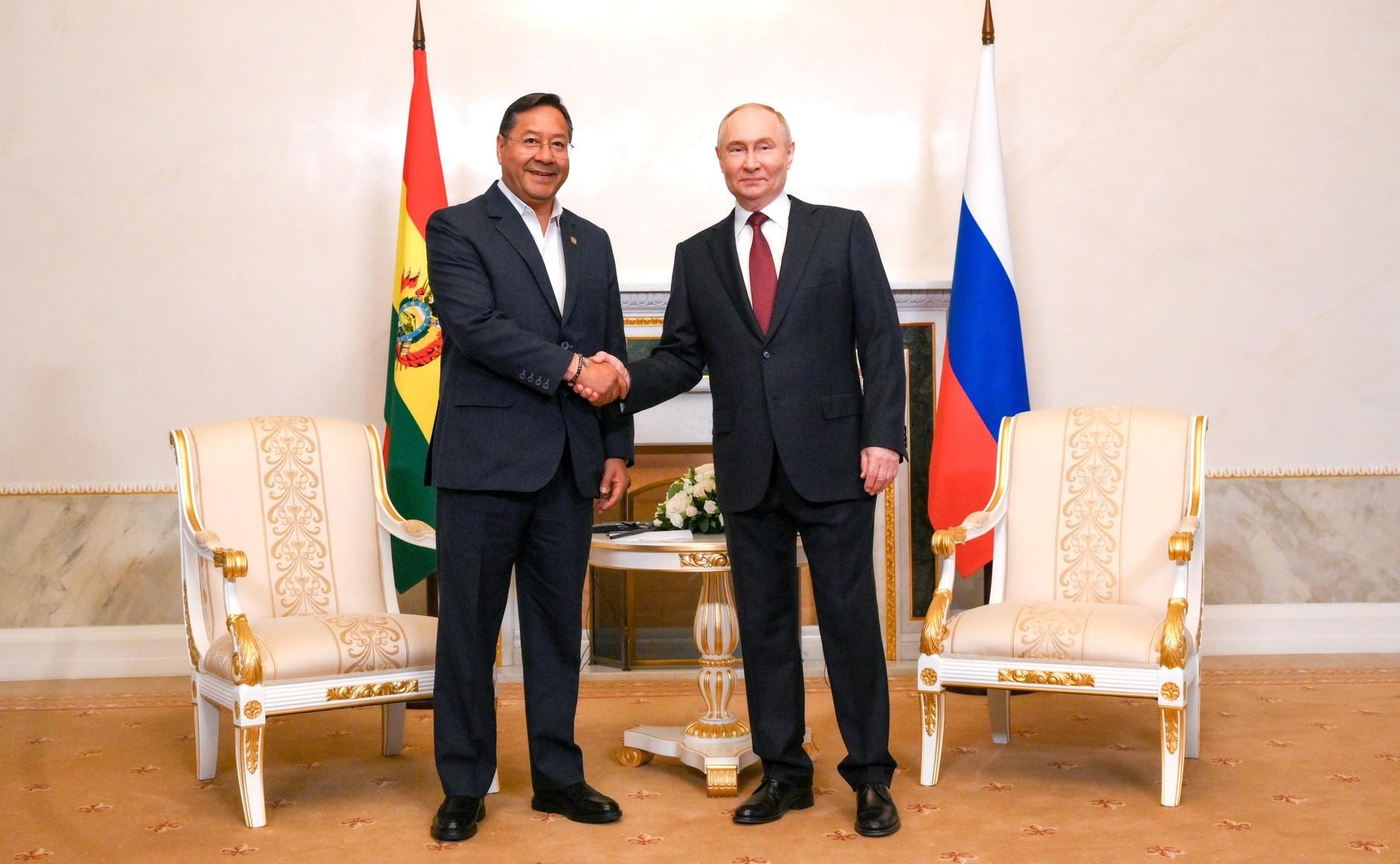
Kazakhstan Pauses Prospective Application to BRICS
Kazakhstan Pauses Prospective Application to BRICS
Executive Summary:
- Just days before the 16th BRICS summit in Kazan, Russia, Kazakhstan announced that it will likely not consider applying to join the group in the foreseeable future, citing the complexity of gaining membership and the bloc’s future prospects.
- China and Russia, two key pillars of BRICS, have explicitly supported Kazakhstan’s potential bid, which some believe will convince Kazakhstan to change its stance in the future due to its strong ties with the two countries.
- Russia responded negatively to Kazakhstan’s announcement, establishing bans on Kazakh imports. Kazakhstan has denounced this move as baseless and amounting to a trade war, indicating that Kazakhstan is likely not as reliant on Russia as it was in the past.
On October 16, Kazakh Presidential Spokesperson Berik Uali announced that Kazakhstan will likely not consider applying for BRICS (a loose political-economic grouping originally consisting of Brazil, Russia, India, China, and South Africa) in the foreseeable future. Uali noted that this decision was based on the complexity of gaining membership and “other aspects pertaining to the prospects of and the future of this bloc.” He also highlighted that Kazakh President Kassym-Jomart Tokayev sees the United Nations as the universal and “uncontested” organization where the most important international problems should be discussed in a manner befitting a just and fair world order, demonstrating that Tokayev perhaps views BRICS as infringing on that role (Tengrinews.kz, October 16).
Despite announcing that Kazakhstan will not be applying for membership, Tokayev is still attending the 16th BRICS summit on October 22–24 in Kazan, Russia. This grouping of countries has traditionally been associated with the growing importance of the non-Western world. According to Russian sources, the summit will be attended by 36 countries with 22 national leaders present. The most notable guests include Chinese President Xi Jinping, Indian Prime Minister Narendra Modi, and Brazilian President Lula da Silva. The event will also be attended by UN General Secretary António Guterres, Secretary General of the Shanghai Cooperation Organisation Zhang Ming, and Dilma Rousseff, the former Brazilian president who currently serves as the Chair of the New Development Bank (Vedomosti, October 22).
This year’s summit will be the first to include the bloc’s new members: Egypt, Iran, the United Arab Emirates, and Ethiopia (RG.ru, October 15). Saudi Arabia, which has not formalized its membership, is sending its Foreign Minister, Prince Faisal bin Farhan al-Saud, while the de facto ruler, Mohammed bin Salman, chose not to personally participate in the event (The Moscow Times, October 16). Despite the impressive list of guests and BRICS’s recent growth, Kazakhstan’s decision to refrain from applying for BRICS membership has arguably tainted the upcoming event. Kazakhstan’s decision to opt out of applying for membership appears particularly strange given the past year’s developments. For instance, in a speech on August 24, 2023, Tokayev praised BRICS, stating that “Kazakhstan would like to make its input in the development of BRICS as one of its members.” Mentioning that BRICS could become one of the platforms that ensure the promotion of global security and stability, Tokayev also called on the members of BRICS to join regional economic, trade, transportation, and investment projects such as the Trans-Caspian International Transport Route (aka the Middle Corridor) (TASS, August 24, 2023).
Prior to the upcoming summit, two key pillars of BRICS, Russia and China, explicitly supported Kazakhstan’s potential bid (Timesca.com, July 9; TASS, August 27). Despite this encouraging support, Kazakhstan still announced that it is unlikely to join the bloc in the near future. Moscow’s official response to this development was relatively parsimonious. Dmitry Peskov, Russia’s Presidential Press Secretary, stated that “Kazakhstan is [Russia’s] friend and a strategic partner, our ally, and we cherish our relations. Kazakhstan is absolutely free to make its own decisions about the format it wants to participate in various organizations” (Lenta.ru, October 16). Despite Peskov’s benevolent comments, Russia’s practical steps were far less friendly. Following Kazakhstan’s announcement, on October 17, the Russian Federal Service for Veterinary and Phytosanitary Supervision (Rosselkhoznadzor) announced a “temporary ban” on the import of tomatoes, pepper, sunflower seeds, flax seeds, and lentils originating from Kazakhstan. The pretext, relatively common for Russia, is “phytosanitary concerns.” Rosselkhoznadzor cited 215 cases of phytosanitary regulation violations by Kazakhstan since the beginning of 2024, which is four times higher than the 2023 figure (Rosselkhoznadzor, October 17). Interestingly, this decision was merely a follow-up to a previously adopted restrictive measure before the current diplomatic row, when Russia essentially halted the transit and import of Kazakhstan-produced grain. Kazakh officials denounced this situation as amounting to nothing less than a trade war, calling Russia’s accusations “baseless” and disconnected from reality (T.me/moscowtimes_ru, October 3).
Kazakhstan’s decision to refrain from BRICS membership and the surrounding aggravation in bilateral trade and business ties should not have come as a surprise. Prior to these developments, Tokayev had openly expressed his discontent with internal developments in the Eurasian Economic Union (EAEU), a Russia-led international organization (see EDM, April 3). Specifically, the Kazakh President lamented that the EAEU is becoming increasingly divided, with Russia and Belarus forming a separate sub-bloc characterized by a much deeper level of political, military, and economic integration (The Moscow Times, October 17). Following the outbreak of Russia’s war against Ukraine, Kazakhstan has walked a very precarious line. Because it is strategically dependent on Russia in many areas, the country has maintained robust economic ties with its northern neighbor, which have boomed since 2022 (Eurasianet, March 4). While Kazakhstan has refused to introduce direct economic sanctions against Russia, it has still introduced the ban on 100 types of sanctions-related goods and export products and declared its commitment to respecting Western restrictions on Russian exports (Kommersant.ru, August 16).
In assessing Astana’s diplomatic move, Kazakh political experts have come up with diverging opinions. Political analyst Gaziz Abishev said, “Kazakhstan is still unlikely to become a member of BRICS. There is no vital need [for Kazakhstan] to do so. Kazakhstan is bound with Russia by close ties based on strategic partnership” (Lenta.ru, October 16). Andrey Chebotarev, an ethnically Russian Kazakh political scientist, suggested that Kazakhstan could still apply for membership during the upcoming summit. Noting that Russia’s—and more importantly, China’s—explicit support for Kazakhstan’s membership could become a “serious stimulus for the country to join the platform,” Chebotarev also theorized that later, Kazakhstan’s decision to join BRICS could be influenced by Türkiye’s and Azerbaijan’s determination to accede to the bloc (see EDM, October 16). Conversely, political analyst Marat Shibutov stated that he believes Kazakhstan will not join BRICS in the near future. He noted, “BRICS does not have functioning institutions. There are plenty of talks, but the actual work is not there” (Zakon.kz, October 16).
For now, Moscow—bogged down in Ukraine and needing Kazakhstan to alleviate the impact of sanctions—will likely abstain from imposing harsh coercive measures to press Astana to join BRICS. If Kazakhstan pursues more independent policies, refusing to import Russian oil and uranium or excluding theRussian Nuclear Energy Corporation, Rosatom, from the construction of Kazakhstan’s first-ever nuclear power plant, Russia’s approach may become much harsher.


